Net Monetary Benefit (NMB)
Net Monetary Benefit (NMB) is a summary statistic used to express the value of an intervention in monetary terms, given a known willingness-to-pay (WTP) threshold for a unit of benefit (such as a quality-adjusted life year, or QALY). NMB simplifies the comparison of health interventions by converting both health outcomes and resource use into monetary values, avoiding the need for ratio comparisons like incremental cost-effectiveness ratios (ICERs).
NMB is calculated using the following formula:
NMB = (Incremental Benefit x Threshold) – Incremental Cost
Key aspects of NMB include:
– Incremental Benefit: The additional health benefit provided by the intervention, often measured in QALYs.
– Threshold: The willingness-to-pay threshold, representing the maximum amount a decision-maker is willing to pay for a unit of health benefit.
– Incremental Cost: The additional cost associated with the intervention compared to an alternative.
Incremental NMB measures the difference in NMB between alternative interventions. A positive incremental NMB indicates that the intervention is cost-effective compared to the alternative at the given WTP threshold, meaning the cost to achieve the benefit is less than the maximum amount the decision-maker would be willing to pay for this benefit.
NMB provides a clear and straightforward way to evaluate the cost-effectiveness of interventions, facilitating decision-making in healthcare by allowing comparisons based on monetary values rather than ratios. This approach helps to ensure that resources are allocated efficiently to maximize health outcomes within budget constraints.
Click HEOR TERMINOLOGY
